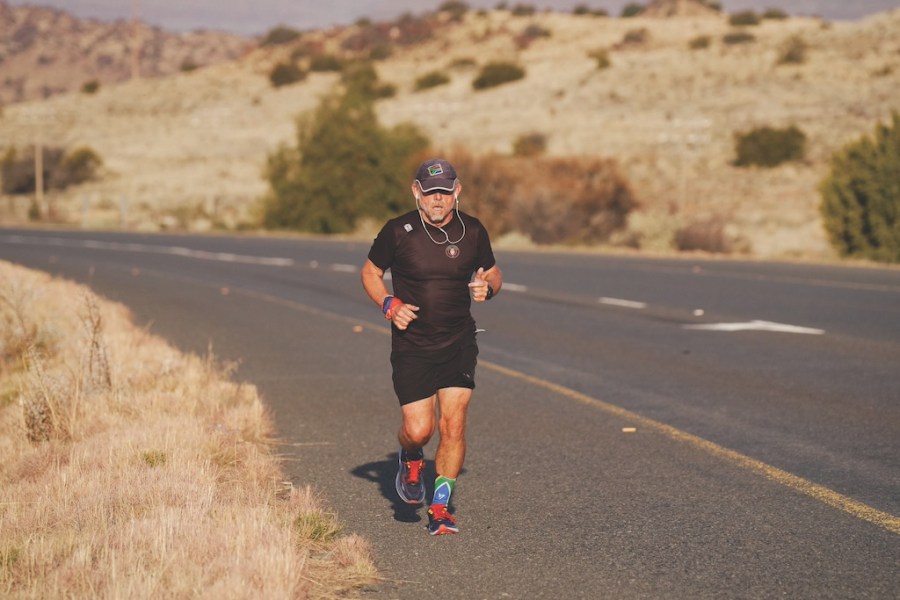Keith Boyd recently ran from Cape Town to Cairo along the treacherous Eastern coast of Africa.
While the world’s press focused on the incredible cross-continent efforts of Russ ‘Hardest Geezer’ Cook [who recently ran the length of Africa], another exceptional runner – 57-year-old Keith Boyd – found himself negotiating his way out of a hostage situation while on a journey to break a different running world record.
In his journey from Cape Town to Cairo, along the treacherous Eastern coast, Boyd aimed to surpass the 26-year-old record of 318 days. Despite grappling with a heart condition and asthma, Boyd dedicated a mere four months to training for what would become one of the toughest and most perilous footraces in the world.
On May 22, 2024, Keith Boyd etched his name in the annals of history by completing the Cape to Cairo route in a remarkable 301 days, 20 hours, and 58 minutes. His epic journey was not devoid of challenges, as he encountered adversity in the form of being beaten and held at gunpoint during his endeavours through Ethiopia.
I spoke to Boyd soon after he reached Cairo, to discover the sheer determination and courage it took to run the Eastern coast of Africa – a testament to the indomitable spirit of human endurance.
Here’s my interview with Keith Boyd
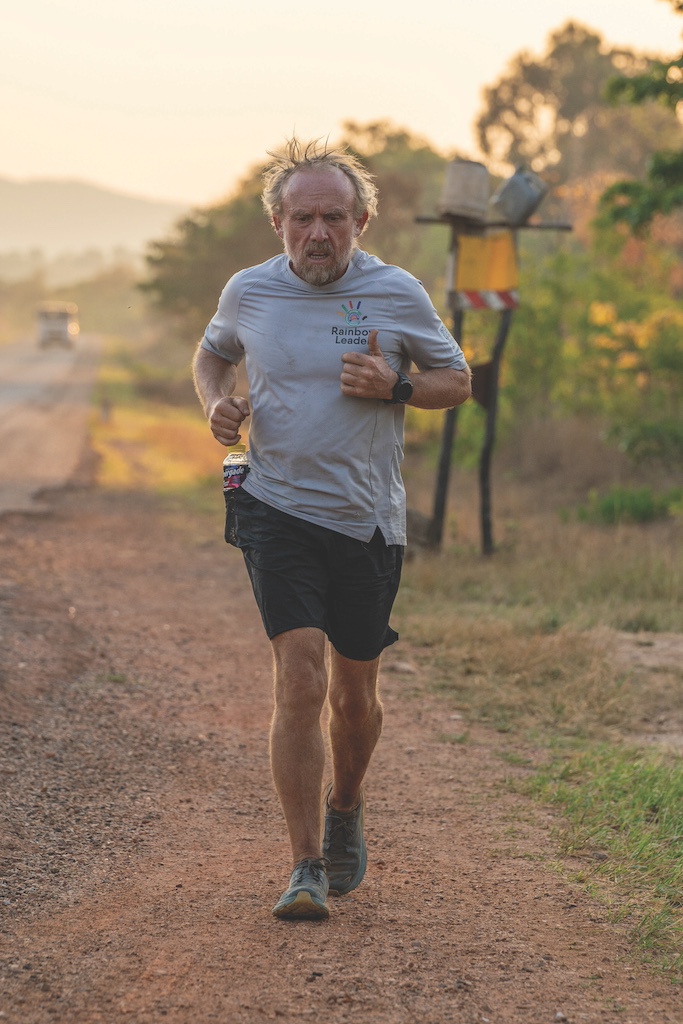
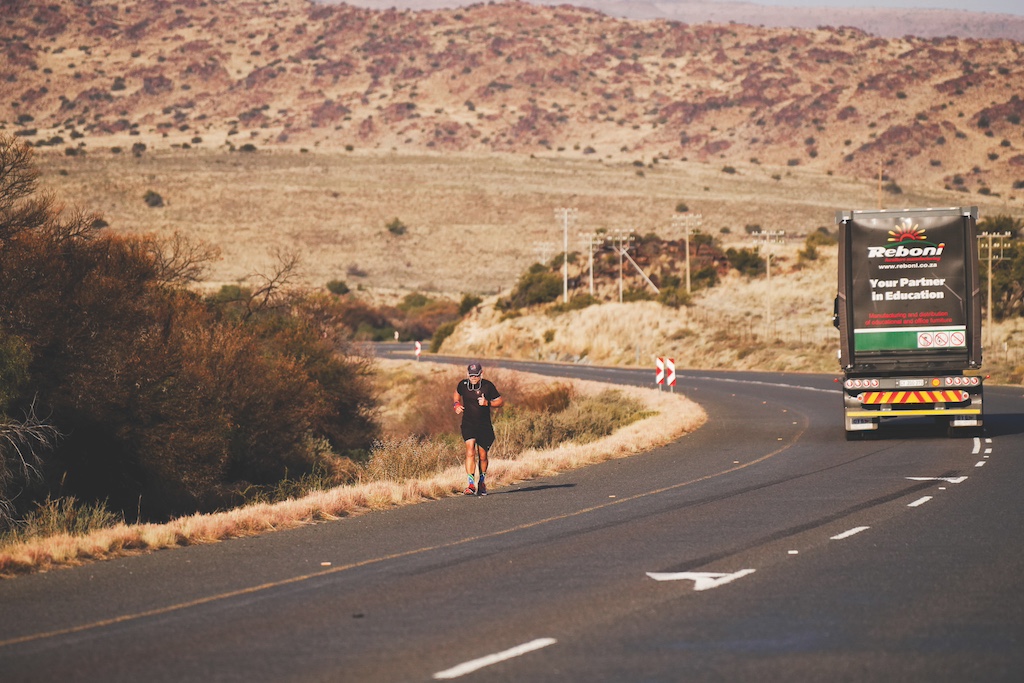
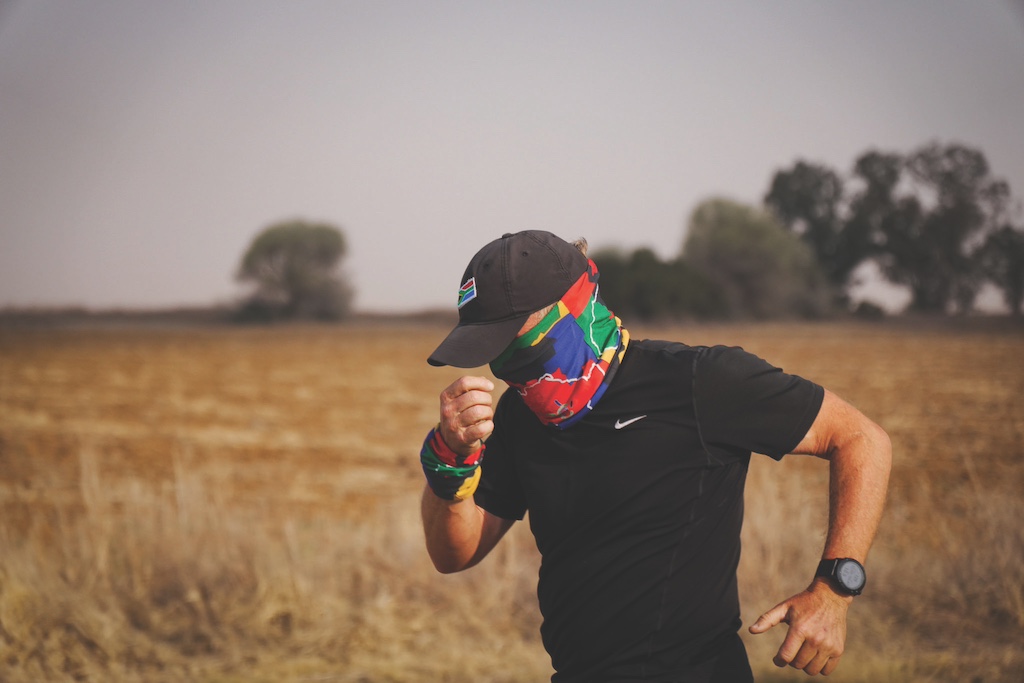
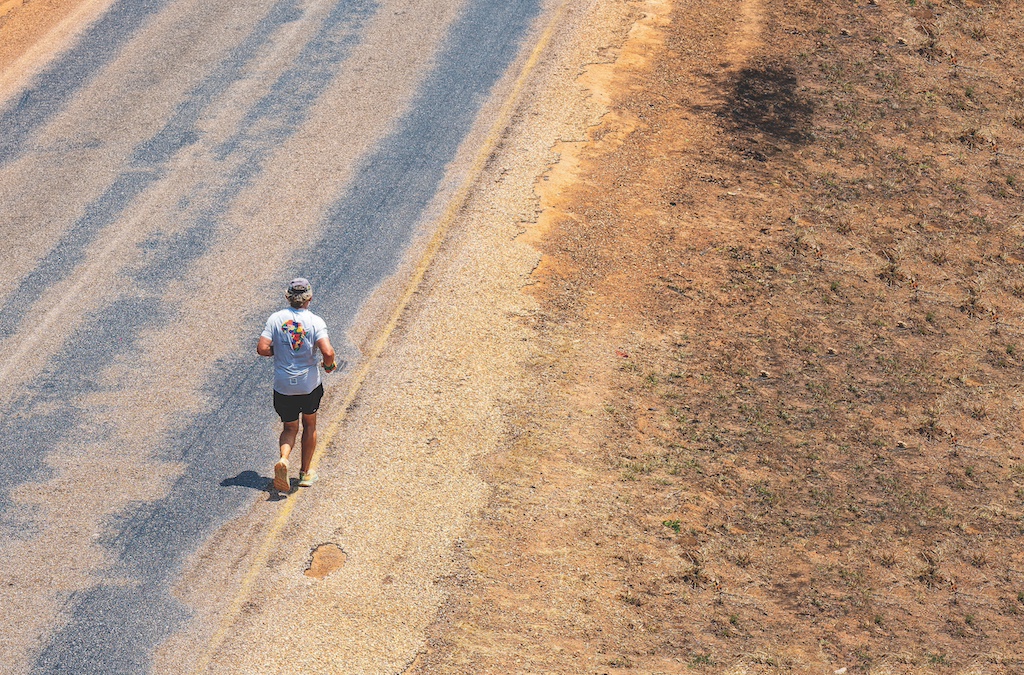
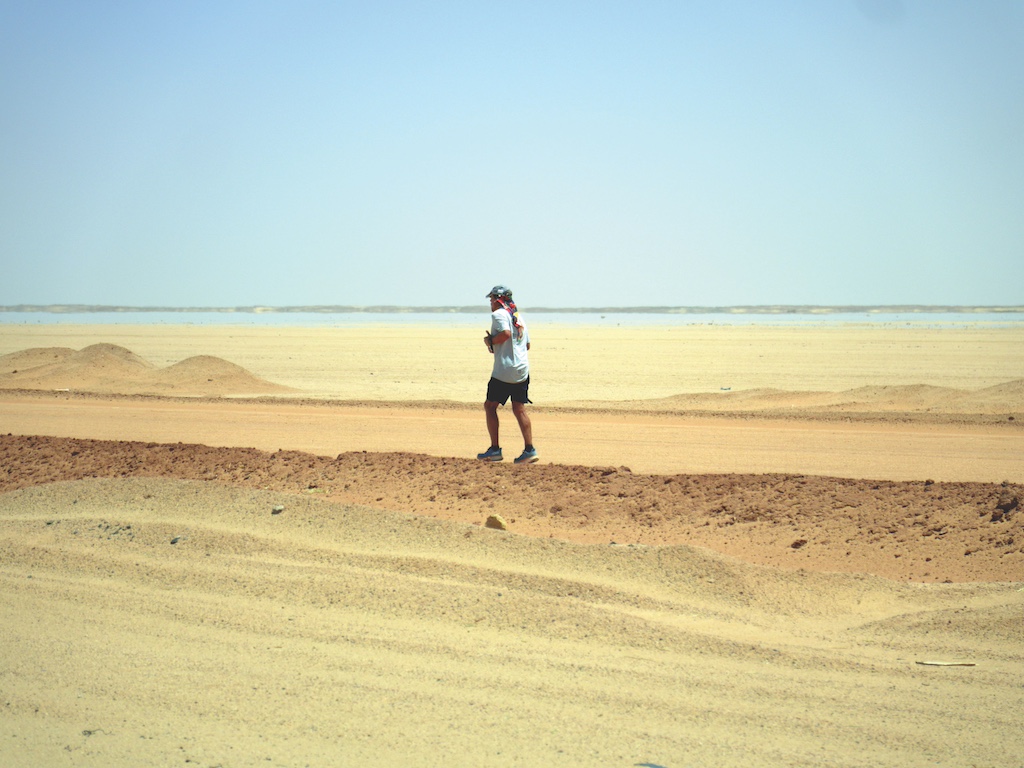
What was your motivation to do this run in the first place?
I ran this for the British Heart Foundation and Rainbow Leaders. The BHF is close to my, well, heart, because when I decided to do a full Ironman about 12 years ago, I had a top-to-toe medical which revealed I had enormously high levels of calcification in my coronary arteries. But I’d never felt healthier, so since I was 45 I have been on statins and having to manage my cholesterol. I take fortnightly injections to reduce my lipoprotein production, and I do triathlons to keep fit.
And Rainbow Leaders is a charity that aims to encourage youngsters in South Africa to vote. The vote is something so many fought hard to achieve there, but they’re disillusioned. I want to help change that.
What did a typical running day look like for you during this challenge?
When running through Sudan and Egypt I got into this rhythm of starting at 5:30am and roughly running in four blocks of 12.5km stretches, with a 20-30-minute walk between blocks. I would do up to 50km days, but some days were no more than 5km. Where I stopped running at the end of the day is where we would camp for the night.
How did you stay (relatively) fresh and recovered?
Stretching and using a roller works for me. I also tried to get eight to nine hours of sleep a night. I’d take 35g of protein in a shake, plus a protein bar (another 20g) per day. I did lose weight and muscle mass on my thighs, though, which was a concern around my knee stability. I wasn’t able to take any anti-inflammatory drugs, so I took ginger and turmeric instead.
What other impact did the run have on your body?
My feet, and my left ankle especially, would swell up, which isn’t great when you’re doing 50km a day. I also suffered from tendonitis. To help combat that I used three sets of running shoes: a stability shoe to sort out my ankle issues, a soft-sole shoe to prevent joint impact issues, and a trail shoe for rough terrain. That variety helped a lot.
Did you need to be disciplined to conserve energy?
Absolutely, I’ve learnt that you can’t damage your body more than it can repair overnight. Those of us doing various foot races in Africa – including Russ Cook – have all been in touch with each other. We’ve been encouraging each other along the way. But one young German guy really injured himself about 1,300km out of Cape Town – you really have to manage what you’re putting your body through. If ever I found myself wanting to get into a bit of a gallop I’d consciously slow down.
Talk us through your Ethiopian experience.
We got to Addis Ababa OK, although I was getting crowded by people every time I stopped for a break, just because I stood out as a foreigner. Then we headed north out of Addis. We had protection from the state police, but even they said I was nuts because I was heading for an area run by a Liberation Army that have a reputation for kidnapping.
We were going through a small village, Yetman, in the Amhara region. I was walking with the videographer, Michael, when these armed gunmen stopped us. They demanded we contact our support lead (Shadley) and get a ransom of $10,000. They clobbered us, I got hit on the head with a hand grenade, and then threatened to take us out into the forest, where it would be all but impossible for authorities to find us.
Shadley arrived back with us, not realising that we were in trouble. But by then we’d managed to agree a deal with the bandits, which cost us $1,000 in the end. They allowed us to turn back, and though I tried one more time to run through Ethiopia before Cairo I had to abandon that stretch until later after further violence.
But when you returned, the difficulties continued?
The last 500km through northern Ethiopia were hellish. We were forced off the road at gun point, and kicked and threatened by a drunk with an assault rifle. Our team was locked up overnight without any charges, kept in a filthy, overcrowded cell, with no toilets or water. What the people in the northern Amhara region of Ethiopia are going through right now is appalling. Fortunately, I was able to complete the final stretch and get out again safely, thanks in large part to a heroic and humble team of Ethiopian civilians and local officials.
What an experience. But there have been some highlights too?
Absolutely! The children in every country have been amazing. You can communicate with kids without even having language. They have a laugh, they’re engaged. As a dad, it’s especially uplifting. They also provided some of the most memorable moments. I saw a girl in Ethiopia who was carrying this enormous bundle of wood on her back, with a look of sheer determination. She couldn’t have been much older than seven or eight but it’s an image that’ll live long in my memory.
Finally, any particular songs that kept you putting one foot in front of the other?
I’m a Tracy Chapman fan and have been for decades. Also, Joan Armatrading, LadySmith Black Mambazo and a track by Juluka called ‘IMPI’ really gets me going. ‘Mississippi’ by Bob Dylan slows me down to what I call an ‘Ironman shuffle’.
Keith Boyd’s record-breaking run: by the numbers
- 301 days on the road
- 125 days was the longest stretch of back-to-back running
- 45km was the average distance covered on running days
- 5,000kcals consumed per day
- 60 non-running days (54 due to Ethiopian security and paperwork issues; 5 due to illness; 1 due to re-packing)

